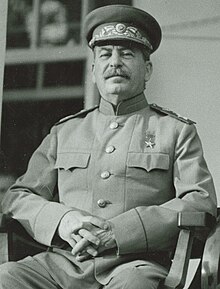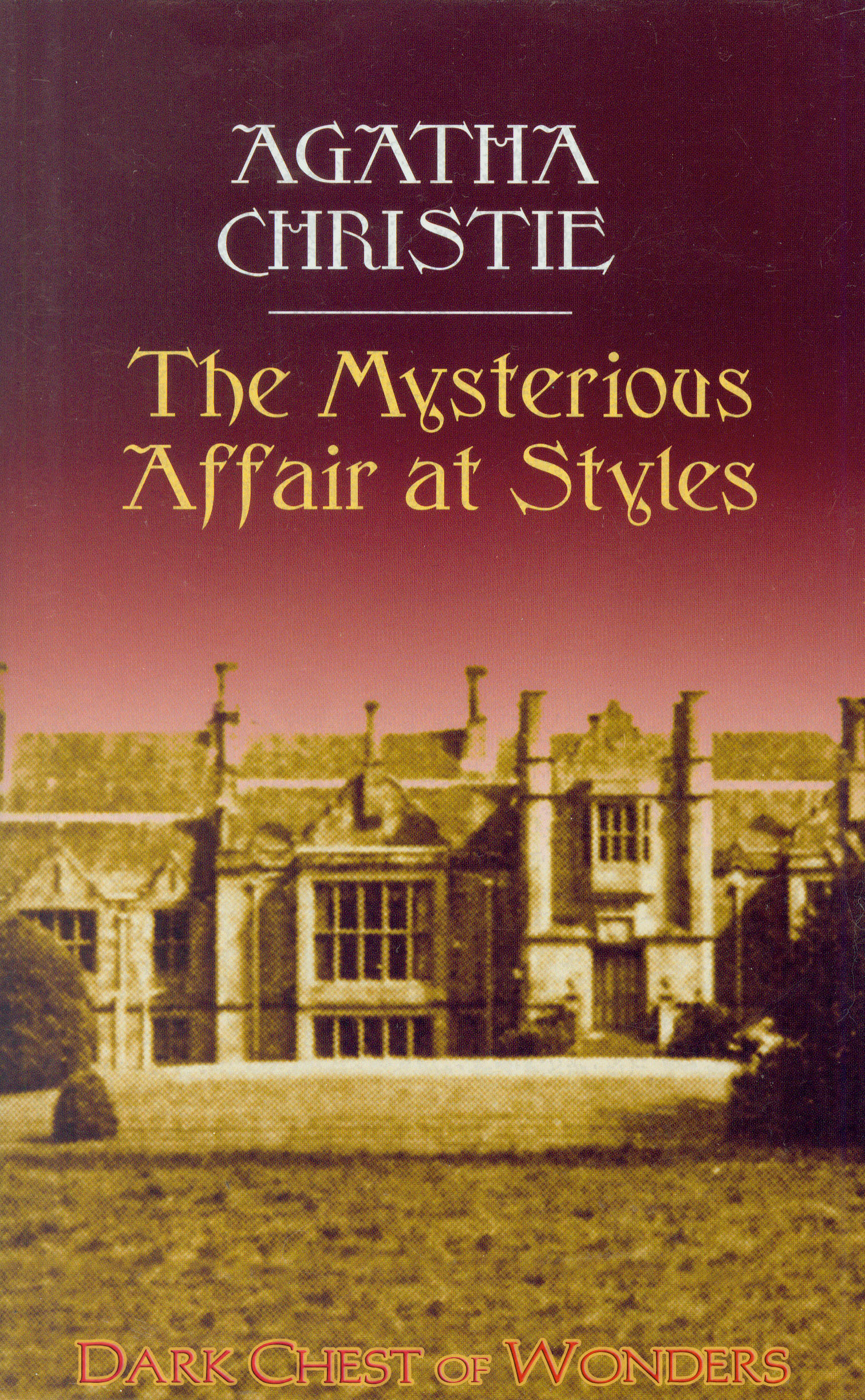By Scott Adlerberg
A particular quote has long fascinated me in relation to crime fiction. It’s the famous quote usually attributed to Joseph Stalin that goes, “When one person dies, it's a tragedy, but when a million people die, it's a statistic.” Stalin of course would know about the killing millions part, though I’m not sure what single person’s death he actually found tragic. Coming from the Soviet dictator, this quote sounds cold and cynical and can serve as justification for mass slaughter. From the ruler’s point of view, killing many is safer than killing that select few who might become martyr figures. It makes perfect sense that Stalin would say something like this.
The wrinkle here (if you can call it that) is that Stalin probably never said
the line. The quote is real though, appearing in a novel by Eric Maria
Remarque. In his 1956 novel The
Black Obelisk, there’s a passage that
says, "Strange, I think to myself, how we have seen so much death
in the wars and we know that two million of us have fallen in vain - how come
we are so stirred up by this one man and have almost forgotten those two
million? But that's just how it is, because one man is always the dead - and
two million is always just a statistic.” Here
the quote takes on a sad humanitarian strain that has nothing in common with
the Stalin attribution. Indeed, when I think about it, taking specific
quotes and putting them in the mouths of different people through history would
be a fun game. A compassionate line said by one historical figure might
sound vicious and ironic coming from someone else in an entirely different
context. But let’s stick to the line at hand. What does it have to do with
crime fiction?
Only this: that no matter who came up with the words we’re talking about – it’s
a line that has resonance because it does seem to state something true about
human psychology. Large scale death and suffering tends to elicit less
sympathy than small scale misfortune. People can sympathize with others
in direct proportion to the degree to which they know something about the
people afflicted. As the saying goes, proximity is more important than
magnitude. It’s an equation all writers wrestle with really, but crime
writers in particular tussle with it since their domain is what you might call the dark side.
If the best crime writers are fearless, contemplating, describing, and
illuminating every aspect of human behavior, no matter how unpalatable, then
finding just the right scale while doing this is of the utmost importance.
Crime writers
routinely talk about how brutal and unflinching their works are. But in terms
of magnitude, how brutal are we talking about? Writers talk about the
troubled characters they create, the criminals of every stripe, the
psychopaths, but does one fictional killer conjured up, even a sadistic serial
killer, hold a candle to, say, Bashar Assad, smiling in his well-tailored
suits. You could name any number of so-called leaders, political and otherwise,
in this connection? How much blood does that person have on his or her
hands? How many lives ruined, how many people
displaced? Thousands. Hundreds
of thousands. Millions. Talk about crime! But when we get into the
area of what you might call crimes against humanity, crime fiction itself fails.
Which is another way of saying, fiction is written about the Final Solution,
the Srebrenica massacre, the Rwandan genocide, and so on, but it's no longer
crime fiction per se. It's something else (war fiction, survivor fiction,
historical fiction, etc). There may be some examples, but I'm hard put to think
of crime fiction that takes place dead smack in the middle of a war zone. Or a
crime novel set in a place where atrocities are everyday occurrences, like
Cambodia under the Khmer Rouge. It may be too hard to find the right scale
under such chaotic conditions, where arbitrary death, barbarity, and
constant suffering are the norm.
Where crime fiction
does flourish is when set in periods soon after
a time of trauma
and strife. This can work in
different ways. After World War I came the so-called Golden Age of
Detective Fiction (1920-1939 roughly), and though the era’s mysteries have been
criticized backwards and forwards for being artificial contrivances, mere
escapist puzzles, it can also be said that it was precisely their escapist
quality that satisfied a need after the massive useless bloodletting of the
“Great War.” The novels of Agatha Christie, Dorothy L. Sayers, John
Dickson Carr and countless others make death a thing that becomes a part of a
country house game. Evil intentions are always foiled; disruptions to the
social order vanquished. That’s all dated now, but one can understand why
people trying to come to terms with the horror of casualty statistics would eat
up this kind of fiction.
Crime fiction since the Golden Age doesn’t
compartmentalize violence and death like those genteel masters did, but even
the hardboiled people, the hardcore noir people, follow the same basic
principle. They tell a story about characters people get to know so that
when death hits, the reader feels something specific, related to an
individual. To the greater horror outside the immediate world of the
story, where the dead are mere statistics, we get hints. Perhaps this
helps account for the never ending stream of war veterans who have populated
crime stories - books, movies, TV - from World War Two till the present. War
veterans with all their psychological baggage (not to mention their skills)
make for fascinating characters in their own right, but they also allude to
something beyond themselves that the smaller scale story they’re in can’t
encompass. The Afghan war and the two Iraq wars have provided the fodder
to keep this tradition kicking; among the works I've encountered recently where war
vets play an integral part are Jon Bassoff's Corrosion, Mike Miner's Hurt
Hawks, and Wallace Stroby's The
Devil's Share. Paul Marks' Vortex
is another. Justified has several
characters who are returned vets, both on the side of the law and not, and True Detective couldn't but fail to have
one of its cops be a former soldier. I could go on with contemporary
examples, but you get the picture. Clearly the vet in crime fiction tradition
shows no sign of abating.
Still, in regard to the idea that one death
is a tragedy and a million deaths a statistic - is there any single story
that encapsulates this best? It's a matter of opinion, but I'd go back in time
and point to Graham Greene and the 1948 film from his script The
Third Man. Above all, I'm thinking of the character Harry Lime.
Lime (Orson Welles) has been
trading in diluted pencillin leading to the death of many, including
children. But when his old friend Holly Martins (Joseph Cotton) confronts
him, high up in a ferris wheel, Lime asks him how much pity he’d feel if one of
the dots (the people down below) stopped moving. He adds the inducement
of money. Twenty thousand dollars to get rid of one dot. From their
high vantage point, aloof from the fray, thinking of people as sheer blips and
numbers, is it so difficult to imagine accepting such an offer? Those
deaths would mean nothing to Lime, and we grasp his ruthlessness. But as
played by Welles, and written by Greene and him, Lime has a certain sardonic
charm. We get to know him enough that we almost like him. There’s a
woman who’s loved him and continues to love him despite the bad things she’s
learned about him. When Lime dies, after being chased through the sewers
like a rat, we feel something for him despite ourselves. We don’t
feel shocked when his onetime lover, who knows of his crimes, snubs Holly
Martins after Lime's funeral. She knew the whole Harry and still feels
emotion for him. I might not call his death a tragedy, but as presented,
it does come across as sad. The audience is made to feel ambivalent. We
understand that Harry Lime changed over time. Something happened to him.
His moral sense coarsened. Maybe (shocker) it had to do with World War II
and the callousness created by seeing death triumphant everywhere. If
millions just died in Europe and Asia, what’s a modest number more if it makes
life easier for you? In a way that’s more direct than usual, The Third Man gets into the question of
distance and numbers and how people value human life, but in one way or
another, this is a question that lies beneath the surface of a lot of
crime fiction.





1 comment:
Love The Third Man
Post a Comment